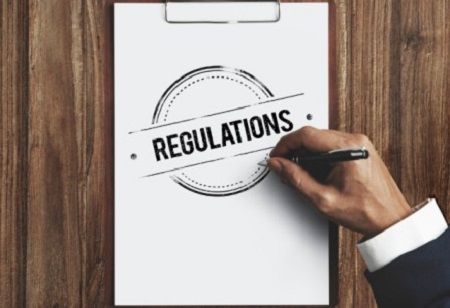India Pharma Outlook Team | Monday, 24 November 2025

The Central Drugs Standard Control Organisation (CDSCO) has informed procurement agencies, including hospitals, that a license from Indian licensing authorities must be obligatory for acquiring devices, with additional certifications required beyond this necessity.
The communication occurs against the backdrop of reports that certain procurement agencies are demanding US and European regulatory certification for medical devices as a prerequisite for the technical bid when acquiring these devices in the country
"... all the procurement agencies including etc., are requested that the CDSCO license or the license issued by the state/UTs Licensing Authority under the Medical Devices Rules, 2017, shall be made mandatory as a part of the requirements of medical devices, without which the medical device cannot be sold in the country," said Dr Rajeev Singh Raghuvanshi, Drugs Controller General of India in a circular to all heads of institutions, organisations and hospitals.
Also Read: Solara Active Pharma's Mangalore Plant Secures US FDA Nod
"Any other certifications which are required by the procurement agency should be over and above the CDSCO or SLA Licensing Authority approval, under the said rules," he added.
It served as a reminder to the institutions that the ministry of health and family welfare has established the Medical Devices Rule, 2017 under the Drugs and Cosmetics Act, 1940 to regulate Medical Devices in the country, ensuring their quality, safety, and performance.
At present, all medical devices are governed by this Rule, and obtaining a license is essential for their import, production, sale, and distribution within the country.
No medical device can be marketed in the country without a valid license acquired from the licensing authorities. Medical devices are categorized into four classes according to their risk: Class A for low risk, Class B for low to moderate risk, Class C for moderate to high risk, and Class D for high risk devices.